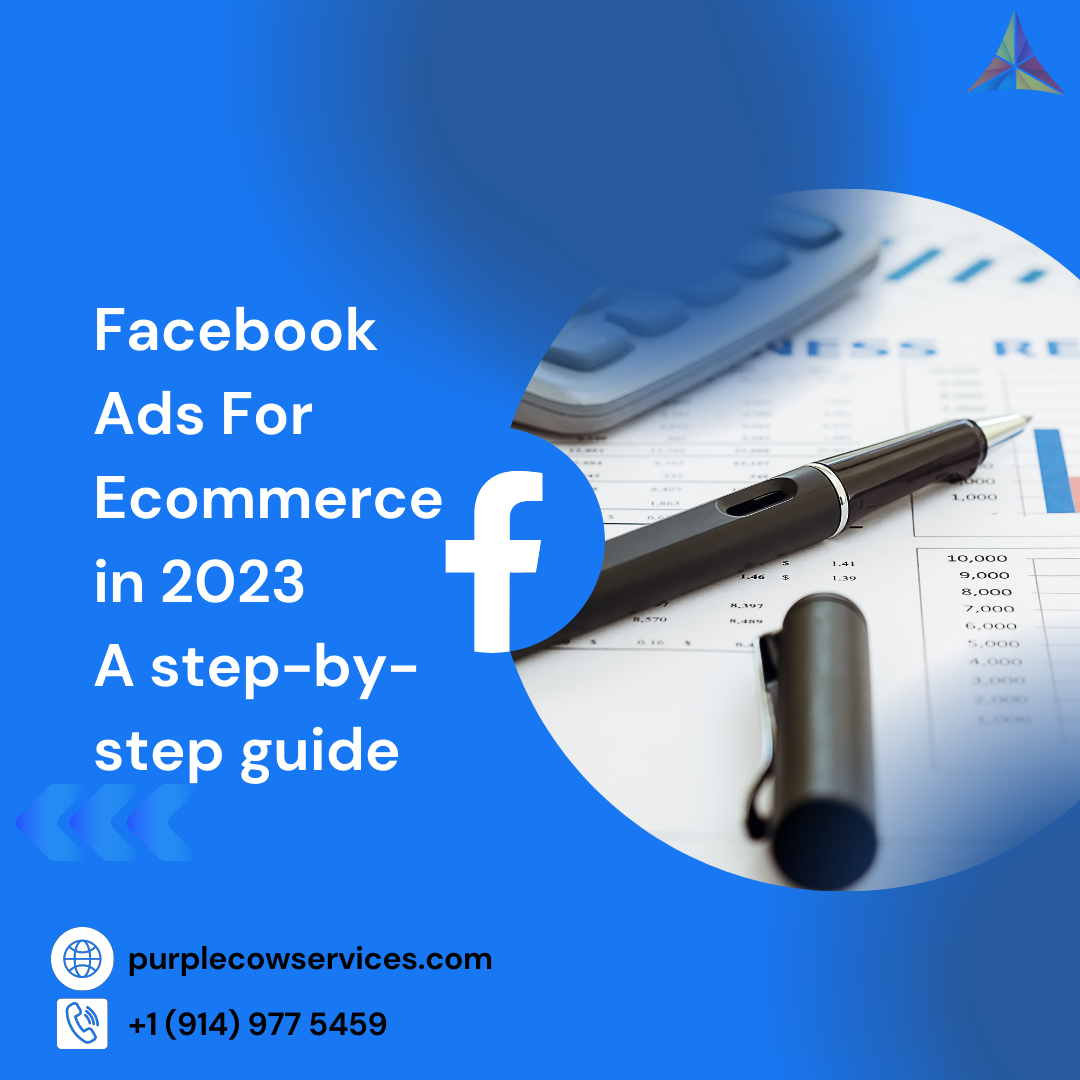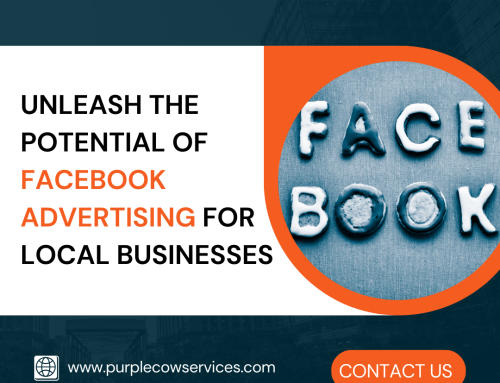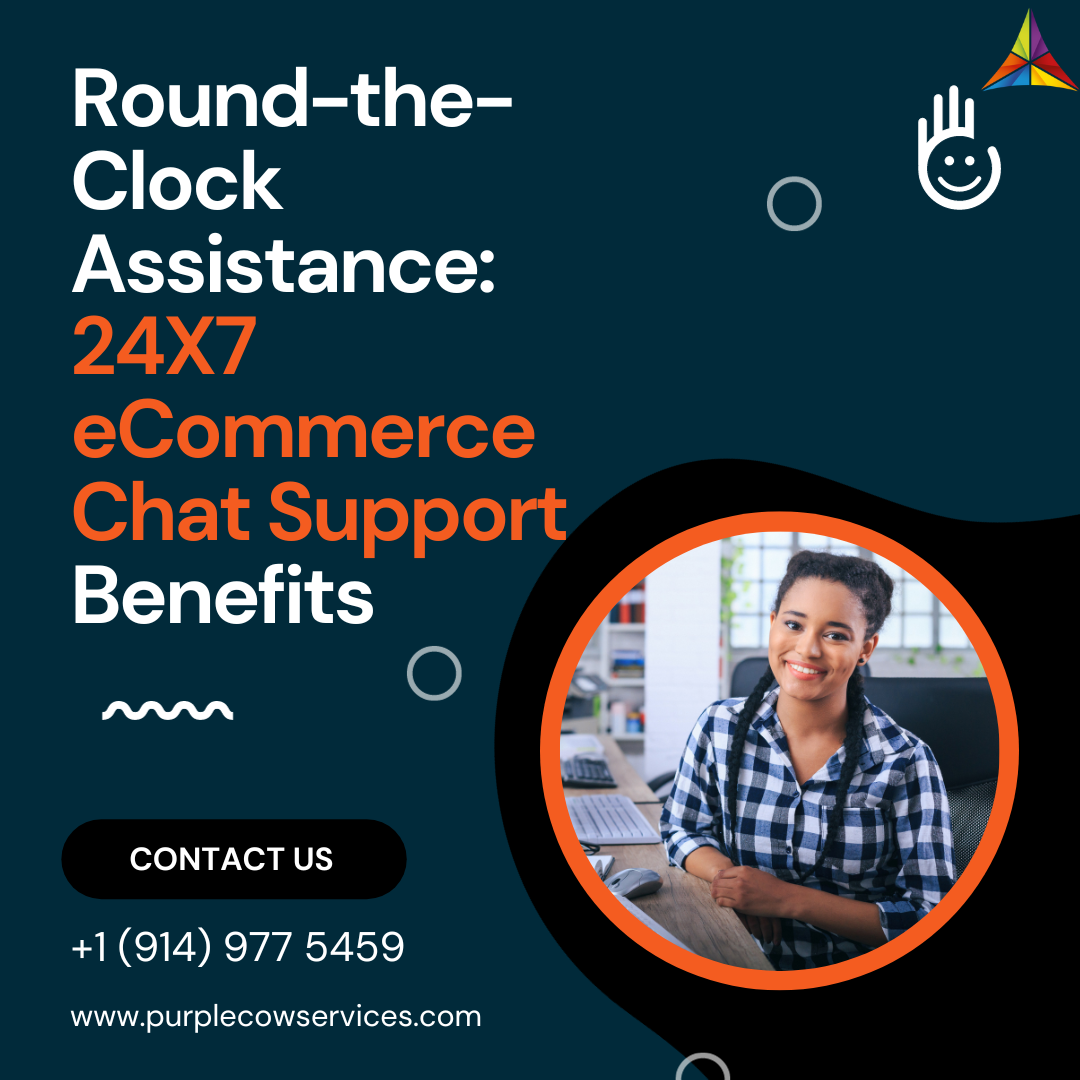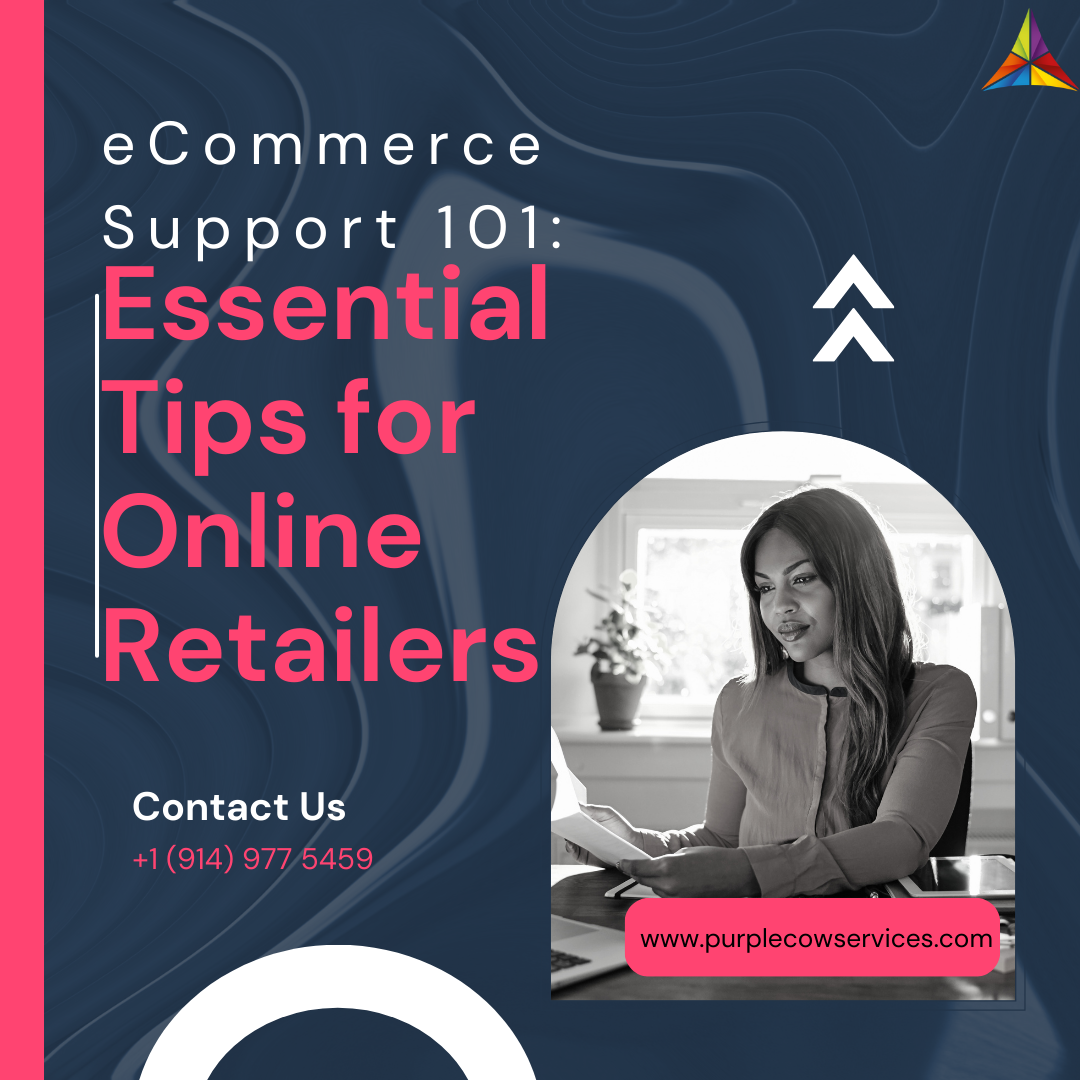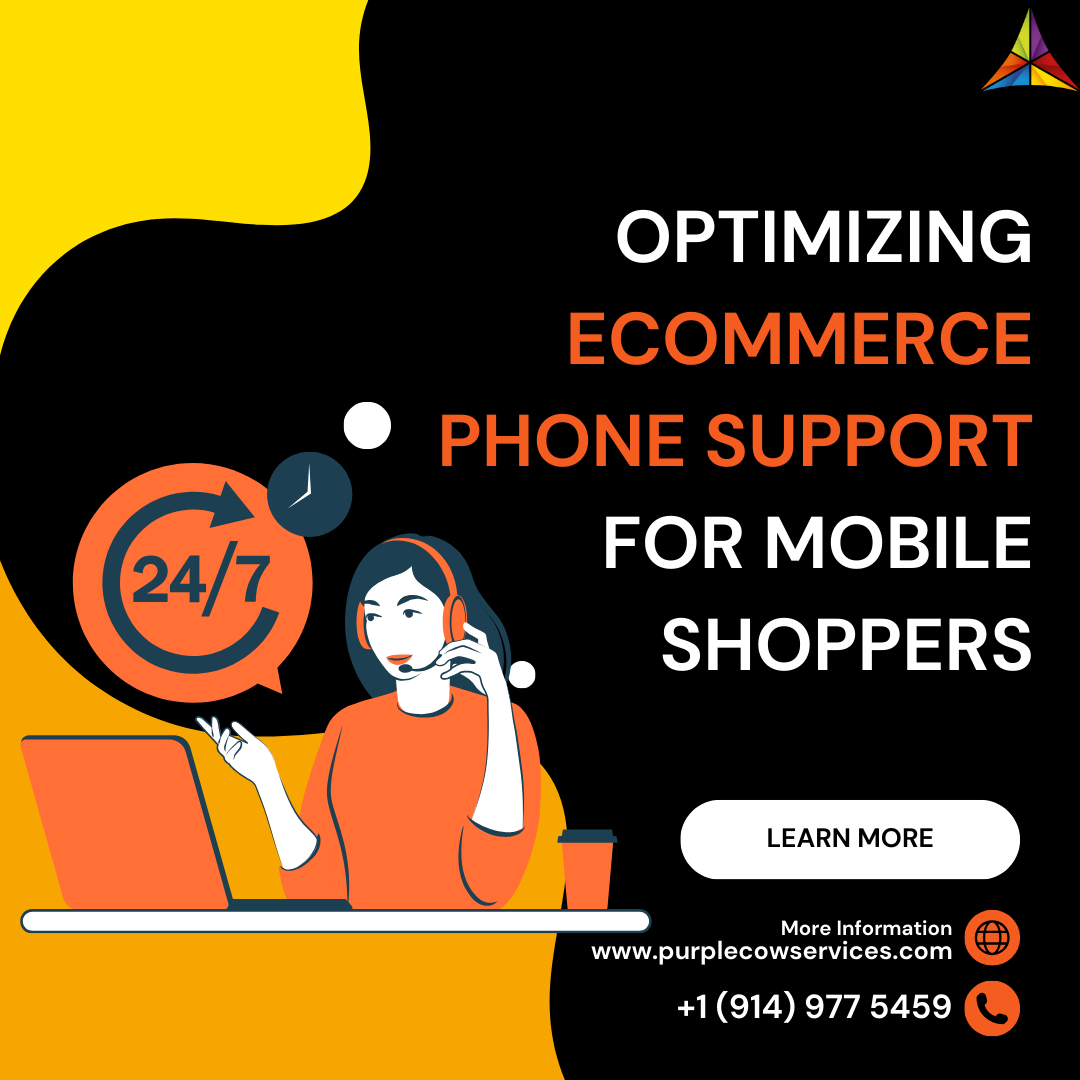As e-commerce continues to boom in 2023, businesses must stay ahead of the curve by utilizing effective advertising strategies. Facebook ads have been a popular choice for e-commerce businesses, providing an opportunity to reach a wide audience at a low cost.
Share This Story, Choose Your Platform!
In this step-by-step guide, we will explore the best practices for creating successful Facebook ads for eCommerce in 2023.
Step 1: Identify Your Audience
Before creating Facebook ads, it is crucial to identify your target audience. Consider factors such as demographics, interests, behaviors, and purchasing habits. Facebook’s audience insights tool is an excellent resource for understanding your target audience.
Step 2: Set Up Your Facebook Business Manager Account
To create Facebook ads, you will need to set up a Facebook Business Manager account. This will give you access to your ad account, page, and pixel. Follow Facebook’s step-by-step guide to set up your account.
Step 3: Install Facebook Pixel
Facebook Pixel is a tracking tool that allows you to monitor and optimize your ads’ performance. By installing the Pixel on your website, you can track actions such as purchases, add-to-carts, and page views. This data can be used to improve your ads’ targeting and effectiveness.
Step 4: Choose Your Ad Objective
When creating Facebook ads, you will need to choose your ad objective. There are several options to choose from, including:
- Traffic: drive clicks to your website
- Conversions: encourage specific actions on your website, such as purchases or sign-ups
- Catalog sales: promote products from your eCommerce catalog
- Lead generation: collect information from potential customers
- Brand awareness: increase awareness of your brand among your target audience
- Video views: promote video content to your target audience
Choose an objective that aligns with your business goals and target audience
Step 5: Set Your Budget and Schedule
When creating Facebook ads, you will need to set a budget and schedule for your ad campaign. Determine how much you are willing to spend on your campaign and how long you want your ads to run. Facebook’s Ad Manager allows you to set a daily or lifetime budget for your ads.
Step 6: Choose Your Ad Format
Facebook offers several ad formats, including:
- Image ads: single images with text
- Video ads: videos with text
- Carousel ads: a series of images or videos that users can scroll through
- Collection ads: a combination of images and videos that showcase multiple products
- Instant Experience ads: full-screen ads that provide an interactive experience for users
Choose an ad format that aligns with your ad objective and target audience.
Step 7: Create Your Ad Creative
Your ad creative includes the visuals and copy that will appear in your ad. Choose high-quality images or videos that showcase your product or service. Your ad copy should be concise and compelling, with a clear call-to-action.
Step 8: Set Your Targeting Options
Facebook allows you to target your ads based on a wide range of factors, including demographics, interests, behaviors, and location. Use your audience insights to determine the best targeting options for your target audience.
Step 9: Review and Publish Your Ad
Before publishing your ad, review it to ensure that all information is correct and that the ad creative meets Facebook’s advertising policies. Once you have reviewed your ad, click the “Publish” button to launch your campaign.
Step 10: Monitor and Optimize Your Ads
Once your ad campaign is live, it is crucial to monitor and optimize your ads’ performance regularly. Use Facebook’s Ad Manager to track metrics such as click-through-rate, cost-per-click, and conversion rate. Use this data to make adjustments to your targeting, ad creative, and budget to improve your ad’s effectiveness.
Step 11: Measure Your Results
Finally, it’s important to measure the results of your Facebook ad campaigns to determine their effectiveness and ROI. Use the metrics provided by Facebook to track your ad performance, such as the number of clicks, conversions, and sales generated by your ads.
Compare these metrics to your original goals and objectives to see how well your campaigns have performed. Use this information to make necessary adjustments and optimize your future ad campaigns for even better results.
Final Thoughts on eCommerce Facebook Ads
Facebook ads can be a highly effective tool for ecommerce businesses looking to drive traffic, engagement, and sales. By following the steps outlined in this guide, you can create and run successful Facebook ad campaigns that reach your target audience and drive conversions.
Remember to start by setting clear goals and objectives for your campaigns, identifying your target audience, and crafting compelling ad copy and images that resonate with your audience. Use Facebook’s targeting features to reach your desired audience and experiment with different ad formats to find the ones that work best for your business.
Monitor and optimize your ads regularly to improve their effectiveness and measure your results to determine your campaigns’ ROI. With a little planning, creativity, and persistence, Facebook ads can be a powerful tool for driving eCommerce sales in 2023 and beyond.
Looking to boost your eCommerce sales in 2023 with Facebook Ads? With Facebook’s powerful targeting options and versatile ad formats, you’ll be able to reach a wider audience and drive more sales than ever before. Don’t wait – start creating successful Facebook ad campaigns for your eCommerce business today! Contact Purple Cow for successful Facebook campaigns for your eCommerce.
Share This Story, Choose Your Platform!
In This Blog:


